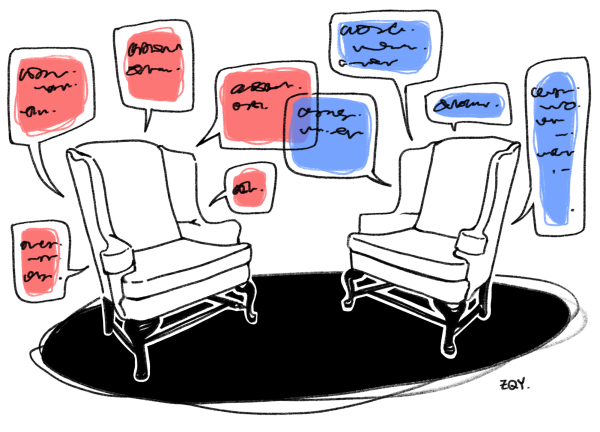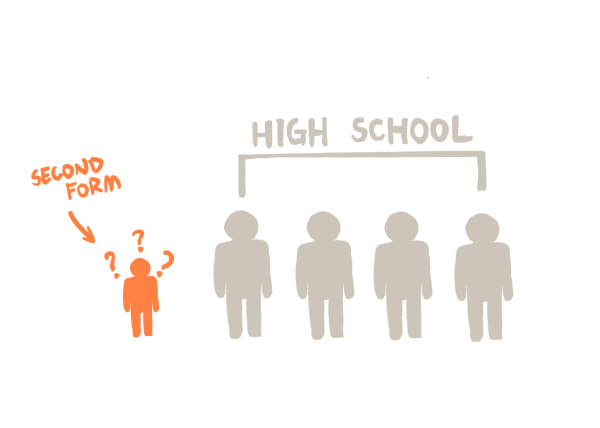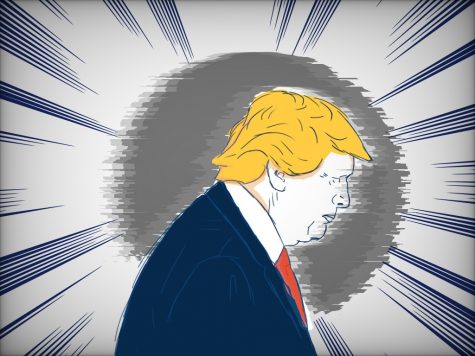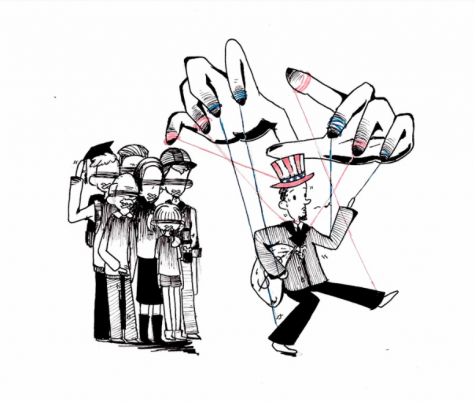A Not-So-Balanced Budget
Oh where, oh where have the deficit hawks gone? I can tell you this much: they’re certainly not on Capitol Hill or in the White House.
On January 31, 2010, Representative Paul Ryan said the following about the federal budget: “the debt and the deficit is just getting out of control. And the administration is still pumping through billions upon trillions of new spending. That does not grow the economy.”
On February 7, 2018, Mr. Ryan, now Speaker of the House, voiced his support of a bipartisan budget agreement, promising to “deliver [House Republicans’] share of support” for the agreement. Put partisan politics aside: this deal is horrendously irresponsible, fiscally speaking.
This bill raises federal spending caps by roughly $300 billion over two years. It raises the military spending cap by $165 billion and “nondefense spending” by $131 billion, according to The New York Times. It also includes funding for infrastructure, the opioid crisis, and disaster relief. In terms of spending, it doesn’t seem like an entirely harmful bill. Both parties get to fulfill some of their fiscal goals. But fiscal goals should not come before fiscal responsibility; government actions cost money, and a lot of it.
Due to the president’s tax cuts, the federal government expects significantly decreased revenues. According to the Center for a Responsible Federal Budget, the funding agreement is projected to raise the budget deficit to $1 trillion. The national debt will balloon to 108 percent of the GDP. Granted, small deficits are generally positive for a country and can usually be sustained if the economy stays strong and interest rates remain low. However, the reckless abandon with which the politicians on Capitol Hill are spending creates an uncontrollable behemoth of debt.
In times of growth and prosperity, the deficit should be reined in and debt partially paid off in order to establish a financial cushion in case of an economic downturn. Congress is abandoning its duty to the country by not preparing for a recession while it still can. In the short term, the country may see some fleeting benefits of the agreement, but the long-term impacts of unbridled spending will soon set in.
Instead of ensuring American prosperity and financial wellbeing, Congress is imprudently spending and asking future generations to bear the immense cost of its fiscal irresponsibility. This generation and students across the country must act now if we desire an economically stable nation for our own and our children’s adulthood.
In a nutshell, as Paul Ryan said, “the debt and the deficit is just getting out of control. And the administration is still pumping through billions upon trillions of new spending. That does not grow the economy.”
*national debt is already 108% of GDP https://www.washingtontimes.com/news/2018/feb/14/why-america-must-get-its-debt-under-control-and-en/











